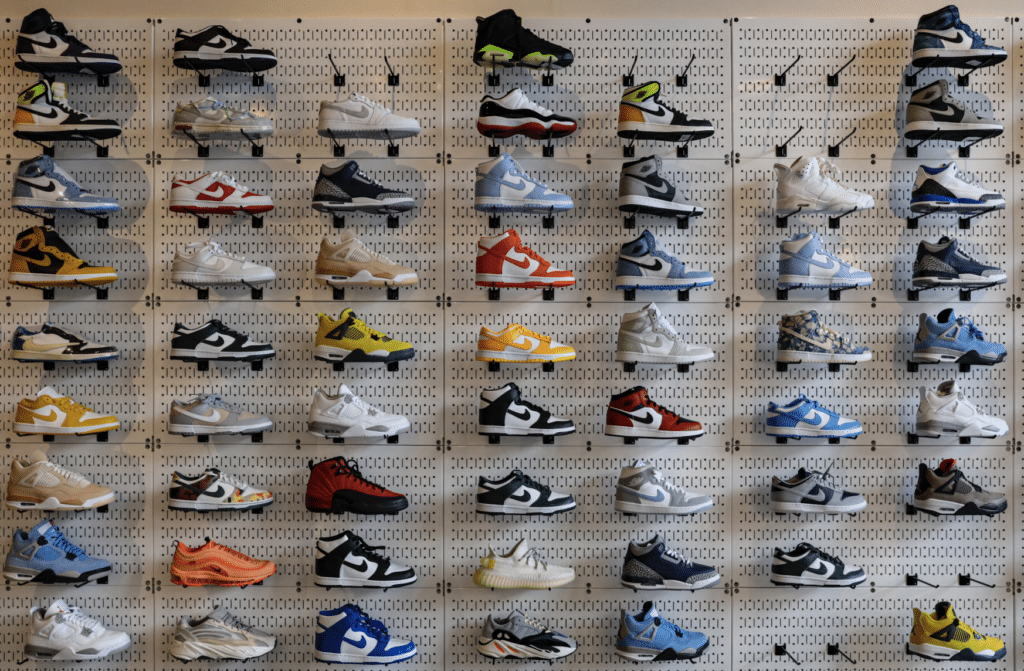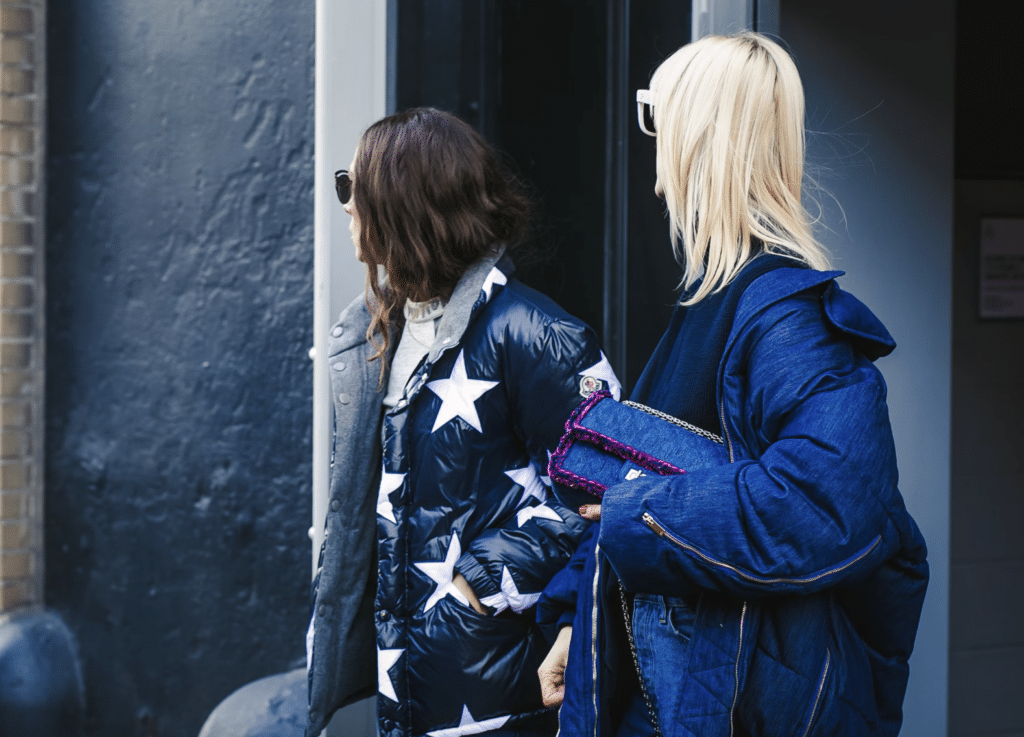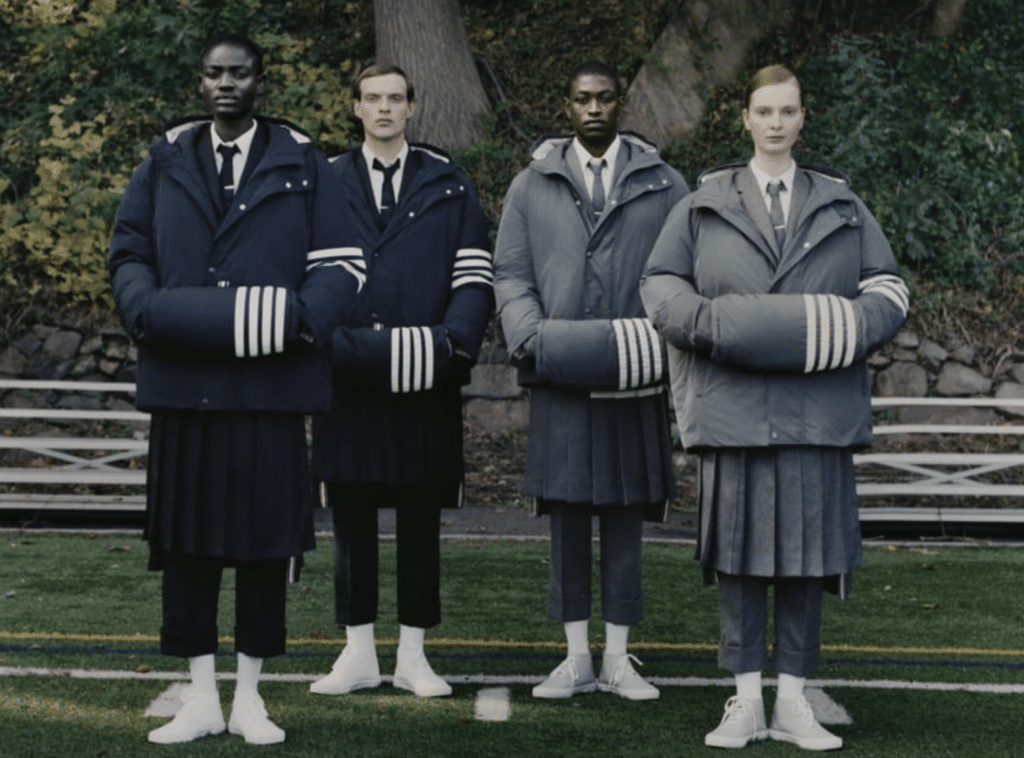In a headline-making legal battle that pits trademark rights against creative expression in the sneaker world, the Shoe Surgeon has responded to the $60 million lawsuit waged against it by Nike, which accuses it of trademark infringement, counterfeiting, and unfair competition. According to the answer and counterclaims that it lodged with the U.S. District Court for the Southern District of New York on November 18, the Shoe Surgeon and its founder Dominic Chambrone argue that despite Nike’s claims that its customizations constitute unauthorized modifications that mislead consumers and dilute its brand, their work transforms authentic Nike footwear into unique pieces of art, and they should be shielded by principles of fair use and the first sale doctrine.
On the heels of Nike filing suit against them, the Shoe Surgeon and Chambrone (collectively, the “defendants” or the “Shoe Surgeon”) have filed a lengthy answer and counterclaims, in which they highlight a history of collaborations with Nike, dating back to 2017. The Shoe Surgeon alleges that Nike not only commissioned its services for high-profile projects, such as designing shoes for LeBron James and hosting customization workshops for Jordan Brand, but also used their expertise to shape its own customization ventures, including the launch of its “Nike By You” service.

The Shoe Surgeon claims that Nike repeatedly dangled promises of payment and future collaboration over its head while leveraging their talents for unpaid projects (thereby, giving rise to their unjust enrichment counterclaim) only to abruptly pivot to litigation. They point to key projects, such as crafting custom cleats for NFL players and a rushed Super Bowl design for Usher, as examples of Nike’s continued reliance on the Shoe Surgeon and its customization expertise, even after sending cease-and-desist letters to the company.
In its filing, the Shoe Surgeon frames Nike’s actions as an attempt to monopolize the customization market and stifle independent creativity. The defendants accuse Nike of using its dominant position to target smaller creators under the guise of trademark enforcement, while simultaneously profiting from similar customizations through its own platforms.
At the same time, the defendants set out a defamation and/or trade libel cause of action in what is one of the more striking elements of the filing. In furtherance of this counterclaim, the Shoe Surgeon maintains that Nike launched a public smear campaign against it, falsely accusing the company of manufacturing counterfeit products. “Nike issued false statements to several online outlets, stating falsely that: ‘[T]he Shoe Surgeon is constructing counterfeit ‘Nike’ footwear from scratch and selling it as officially branded product. Further, the Shoe Surgeon is teaching others to create counterfeit ‘Nike’ sneakers,’” the defendants argue.
It continues on to assert that “Nike published these false and defamatory statements to encourage those interested in customization services to avoid The Shoe Surgeon and its creation of fake Nikes, and/or to seek out Nike’s authorized and above-board customization services instead.”
While the “reputational harm” that it has suffered as a result of Nike’s statements “may be difficult to measure,” the Shoe Surgeon argues that “it is easy to see, [as] any online search for ‘The Shoe Surgeon’ (alone or with other terms) is likely to turn up the widespread news of Nike’s lawsuit. Indeed, the top question shown on ‘Google’ when you search ‘the shoe surgeon’ is: ‘Why is Nike suing shoe surgeons?,’ [and] the answer highlights an especially flashy turn-of-phrase that encapsulates many of Nike’s false allegations, i.e.: ‘Nike goes on to state that The Shoe Surgeon is teaching a course in Nike counterfeiting 101.”
With the foregoing in mind, the Shoe Surgeon sets out counterclaims of defamation and/or trade libel, unjust enrichment, and a declaratory judgment of invalidity/cancellation for functionality (for all thirteen of the trade dress registrations that Nike relies on in its suit).
The Background: In its lawsuit, Nike accuses the Shoe Surgeon of constructing “a multifaceted retail empire built around the unauthorized use of [its] trademark rights and the associated goodwill that [it has] spent decades accruing.” Nike asserts in the complaint, which it filed with the U.S. District Court for the Southern District of New York in July, that the defendants are on the hook for the “egregious display of widespread infringement that has even crossed into willful counterfeiting of iconic Nike products.”
Specifically, Nike claims that the Shoe Surgeon’s business is built around customized footwear, which the defendants either create “from scratch” or by “modify[ing] and offer[ing] for sale large quantities of [otherwise authentic] Nike-branded products.” Additionally, the defendants enter into “Nike-focused collaborations with other rights holders using Nike’s intellectual property, [and] ink digital rights agreements based on Nike trademarks,” Nike maintains.
“To make matters worse,” Nike argues that the defendants “are engaging in all of this behavior while falsely leading consumers to believe that Nike is affiliated with their businesses or has otherwise authorized their conduct.” In reality, Nike states that it “has not authorized any of [the] complained-of conduct, and this conduct – coupled with the false air of credibility the defendants are intentionally creating – is likely to cause and is already causing confusion in the marketplace that the parties are associated, when they are not.”
Nike sets out claims of direct and contributory trademark infringement, counterfeiting, unfair competition and false designation of origin, and trademark dilution.
The case is Nike, Inc. v. S2, Inc. d/b/a The Shoe Surgeon, et al., 1:24-cv-05307 (SDNY).













